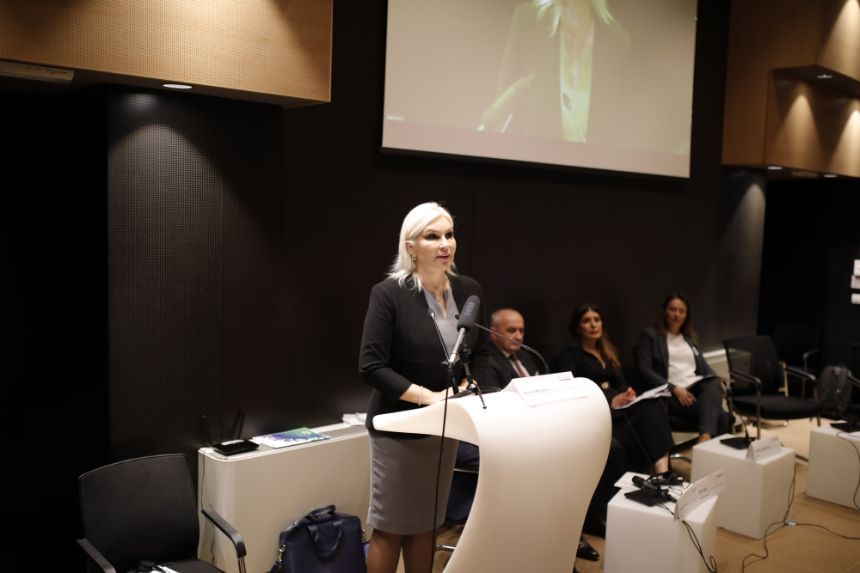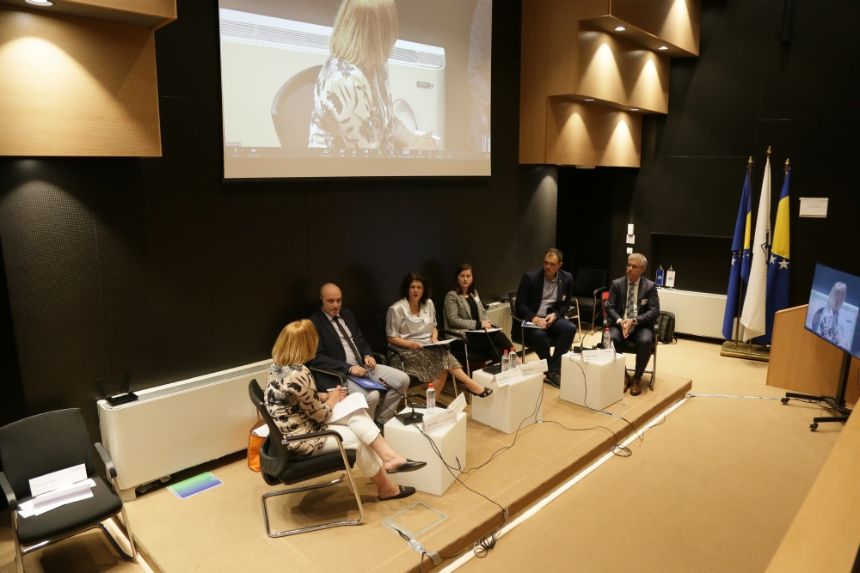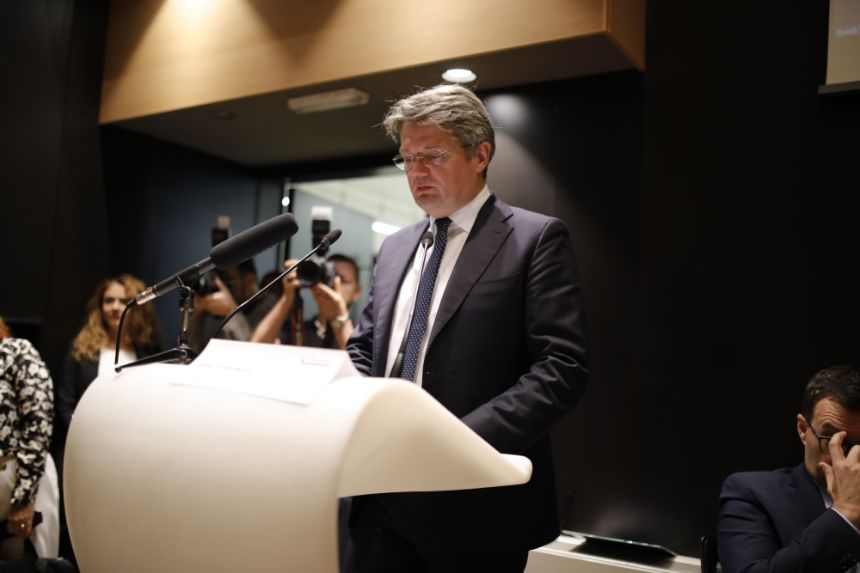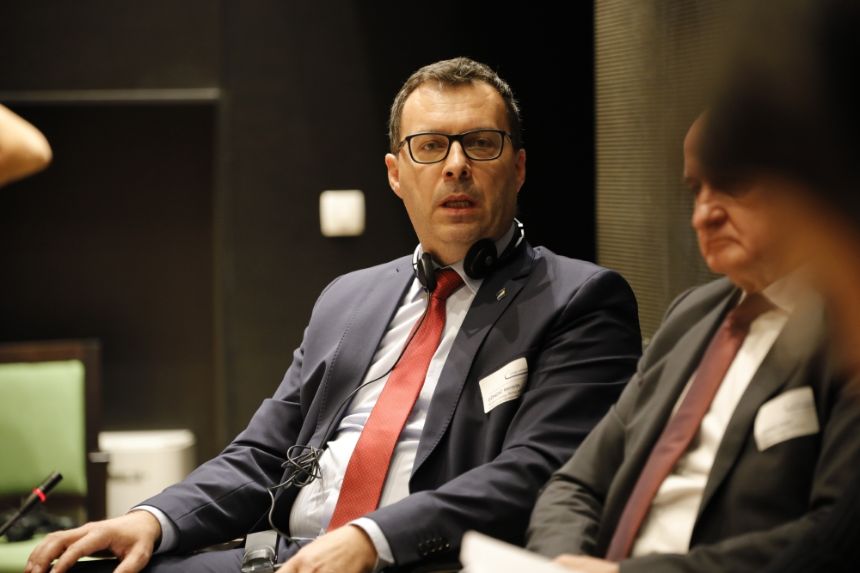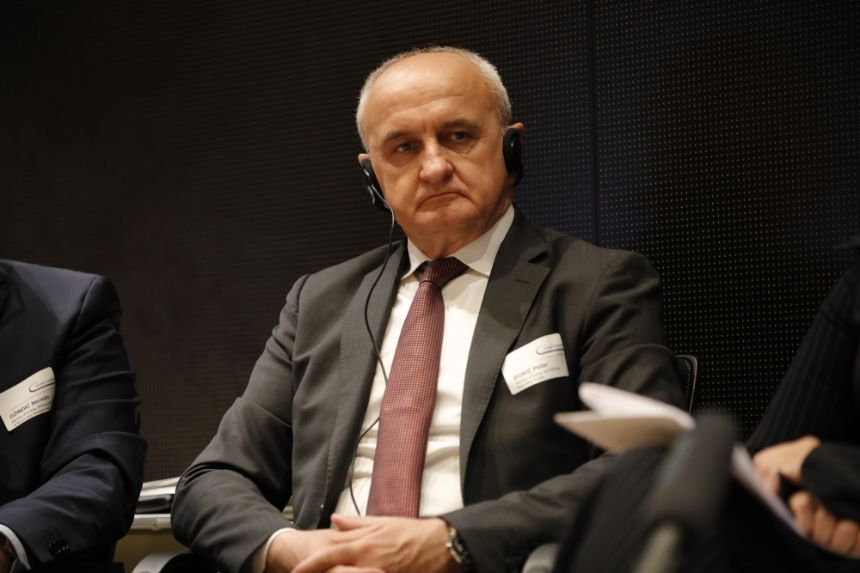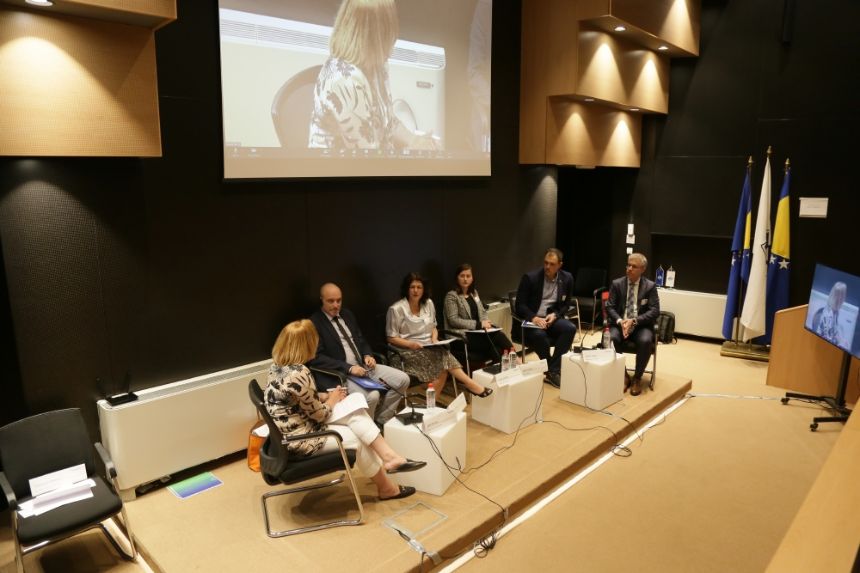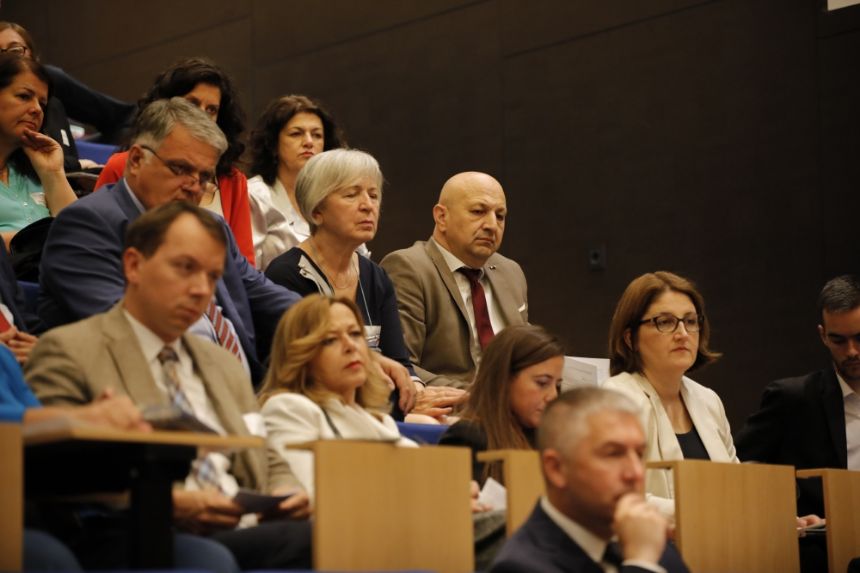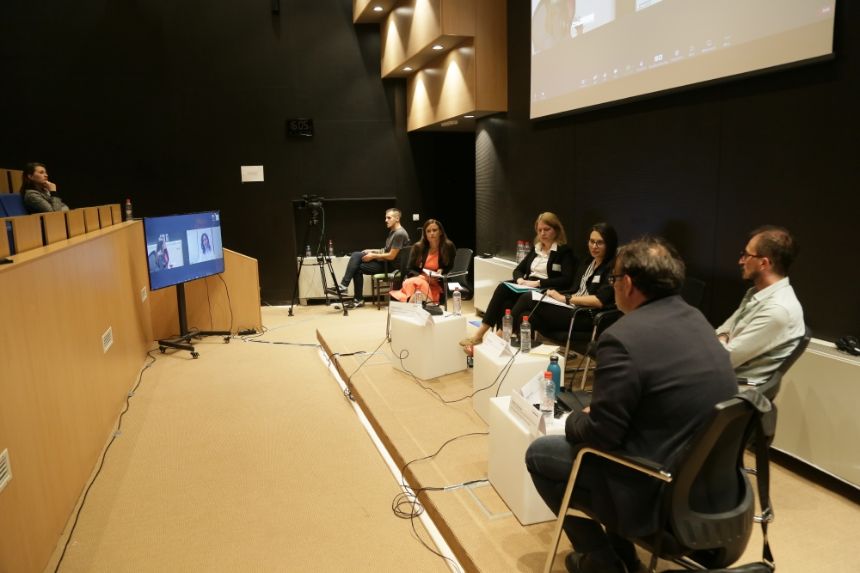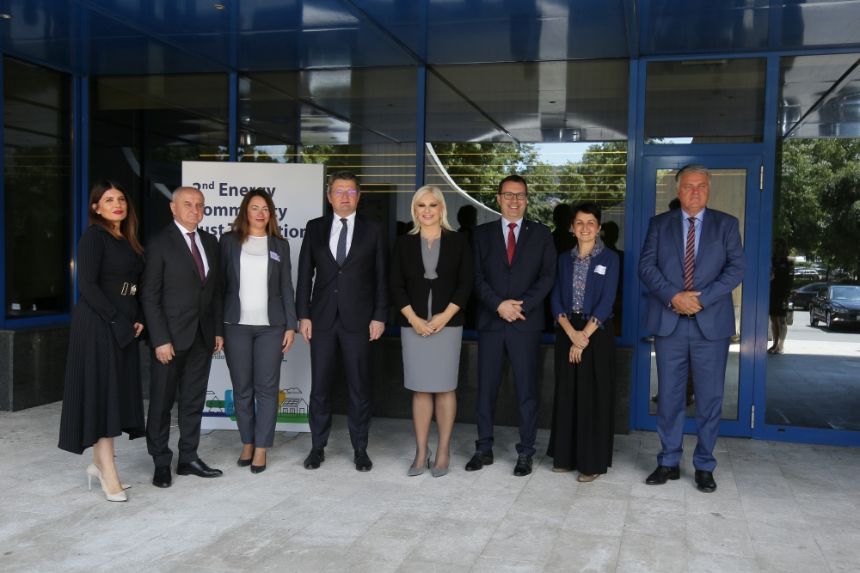Just Transition Forum calls for ambitious 2030 energy and climate targets and inclusive policies to advance the clean energy transition
Today, over 150 stakeholders gathered at the Just Transition Forum in Sarajevo and online to discuss the best ways for the Energy Community Contracting Parties to embrace a just energy transition by designing climate and energy policies that are fair and inclusive. The Forum underlined the importance of ambitious and credible energy and climate targets for 2030, underpinned by National Energy and Climate Plans to guide the delivery of long-term policy objectives, based on stakeholder consultation and engagement in the preparation of the plans. The Forum gathered representatives of national, regional and local governments of the Energy Community Contracting Parties, high-level officials as well as representatives of civil society, academia, international organisations, trade unions and youth.
Opening the Forum, Artur Lorkowski, Director of the Energy Community Secretariat, said: “A participatory process, involving a wide range of stakeholders, must be at the heart of a just transition to a climate neutral economy by 2050. Today’s multi-stakeholder event will increase the momentum for the adoption of 2030 energy and climate targets for the Energy Community and its Contracting Parties by the end of this year.”
The keynote speech was delivered by H.E. Zorana Mihajlović, Deputy Prime Minister and Minister of Mining and Energy of Serbia. The first panel featured interventions by ministers, deputy ministers and state secretaries of coal-dependent Contracting Parties - Bosnia and Herzegovina, Kosovo*, Serbia, North Macedonia and Ukraine.
Speaking at the high level panel, H.E. Petar Đokić, Minister of Energy and Mining, Republika Srpska, said: “The energy transition requires an inclusive process considering the needs of local communities, especially in coal regions which will be affected most by the energy transition. Today’s Just Transition Forum provides an excellent opportunity to gather all relevant stakeholders to discuss the challenges and opportunities ahead of us.”
H.E. Nermin Džindić, Minister of Energy, Mining and Industry, Federation of Bosnia and Herzegovina, said: “The clean energy transition needs to focus on fairness, jobs and boosting the welfare of all citizens. We need to work together with our Energy Community partners to accelerate the just energy transition by designing climate and energy policies that directly benefit citizens. It is fundamental to engage with all stakeholders to build trust and secure their buy-in for the energy transition process.”
Civil society representative and chair of the high level panel, Chiara Martinelli, CAN Europe, stressed: “Only in partnership can we tackle climate change, energy insecurity and loss of biodiversity, towards a fossil free future. European civil society organisations are resourceful and motivated to ensure effective implementation of the decarbonisation roadmap. To this end Europe's political leaders and policy makers should make sure the process is transparent and participatory, with action plans that are credible, time specific and inclusive.”
Forum participants pinpointed the support needed to overcome the key socio-economic challenges faced by coal regions in transition, including facilitating re-skilling and employment opportunities, enabling access to clean and affordable energy, improving investment conditions in clean technologies and enhancing research and innovation. Based on the Just Transition Public Perception Survey launched jointly by the World Bank and the Energy Community and designed with the support of CSOs, the Forum discussed how best to engage with citizens living in coal regions, reflecting on the mobilization of public and private finance and their fair allocation.
The Forum highlighted the pressing need to bring down air pollution from various energy sector sources, ranging from thermal power plants to domestic heating. It took stock of progress achieved under the Energy Community Clean Air Regions Initiative (CARI), which assists 12 municipalities in drafting and implementation of local air quality action plans.
The Just Transition Forum is an initiative of the Energy Community Secretariat. The 2022 Forum was organized in cooperation with the Balkan Green Foundation, CEE Bankwatch Network and Climate Action Network (CAN) Europe and hosted by the Bosnian public electric utility company Elektroprivreda BiH at its headquarters in Sarajevo.
Photo Gallery
Sarajevo, 12 July 2022
Photo Gallery
Sarajevo, 12 July 2022
Sarajevo, 12 July 2022
Sarajevo, 12 July 2022
Sarajevo, 12 July 2022
Sarajevo, 12 July 2022
Sarajevo, 12 July 2022
Sarajevo, 12 July 2022
Sarajevo, 12 July 2022
Sarajevo, 12 July 2022


